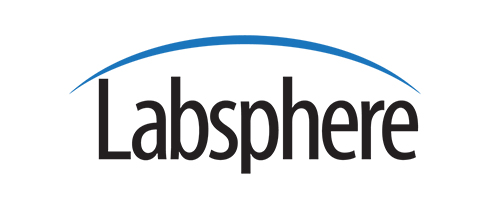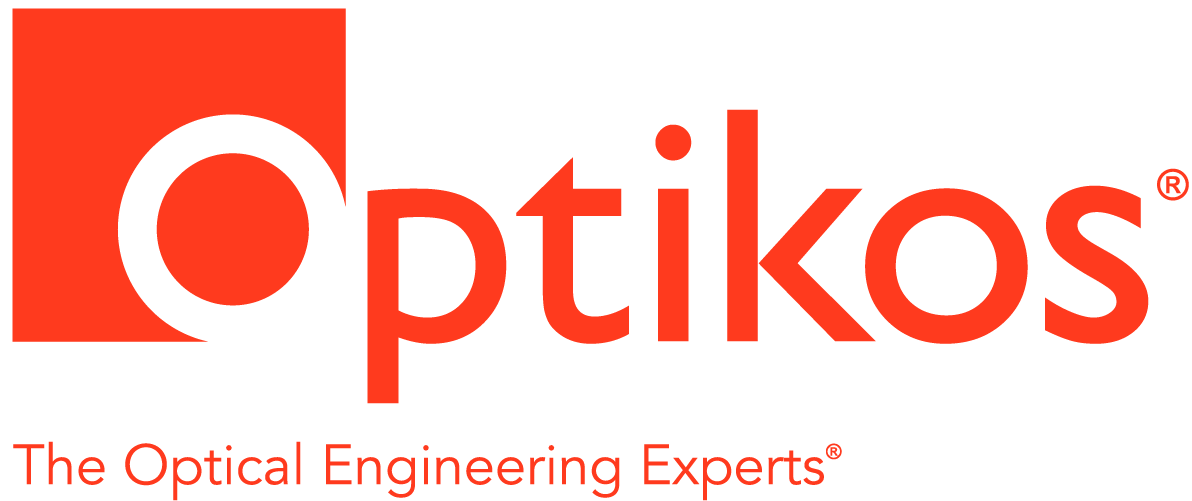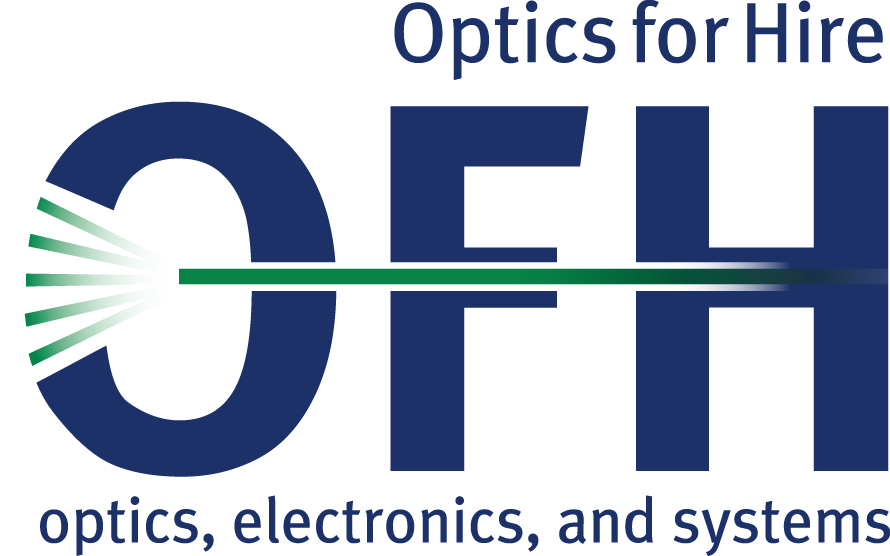May 19, 2022 - Daniel Eisenstein
Looking into the Early Universe with the James Webb Space Telescope

with private browsing in FireFox
Launched Christmas Day 2021, the James Webb Space Telescope (JWST) will be the flagship astronomical facility of the coming decade. As a large-aperture infrared-optimized telescope, it will provide a stunning new view of the Universe and permit study of astrophysical questions that we have simply not had the capacity to address before. I will present an overview of the telescope and describe how it will transform the study of the early evolution of galaxies.
| Location |
In person, Optikos Corporation,
|
||||
|---|---|---|---|---|---|
| Meeting Date | Thursday, 19 May 2022 | ||||
| Reservation Deadline |
To attend Dinner Friday, 13 May 2022
@ 12 pm |
||||
| Event Schedule |
|
||||
|
Please note:
|
|||||



